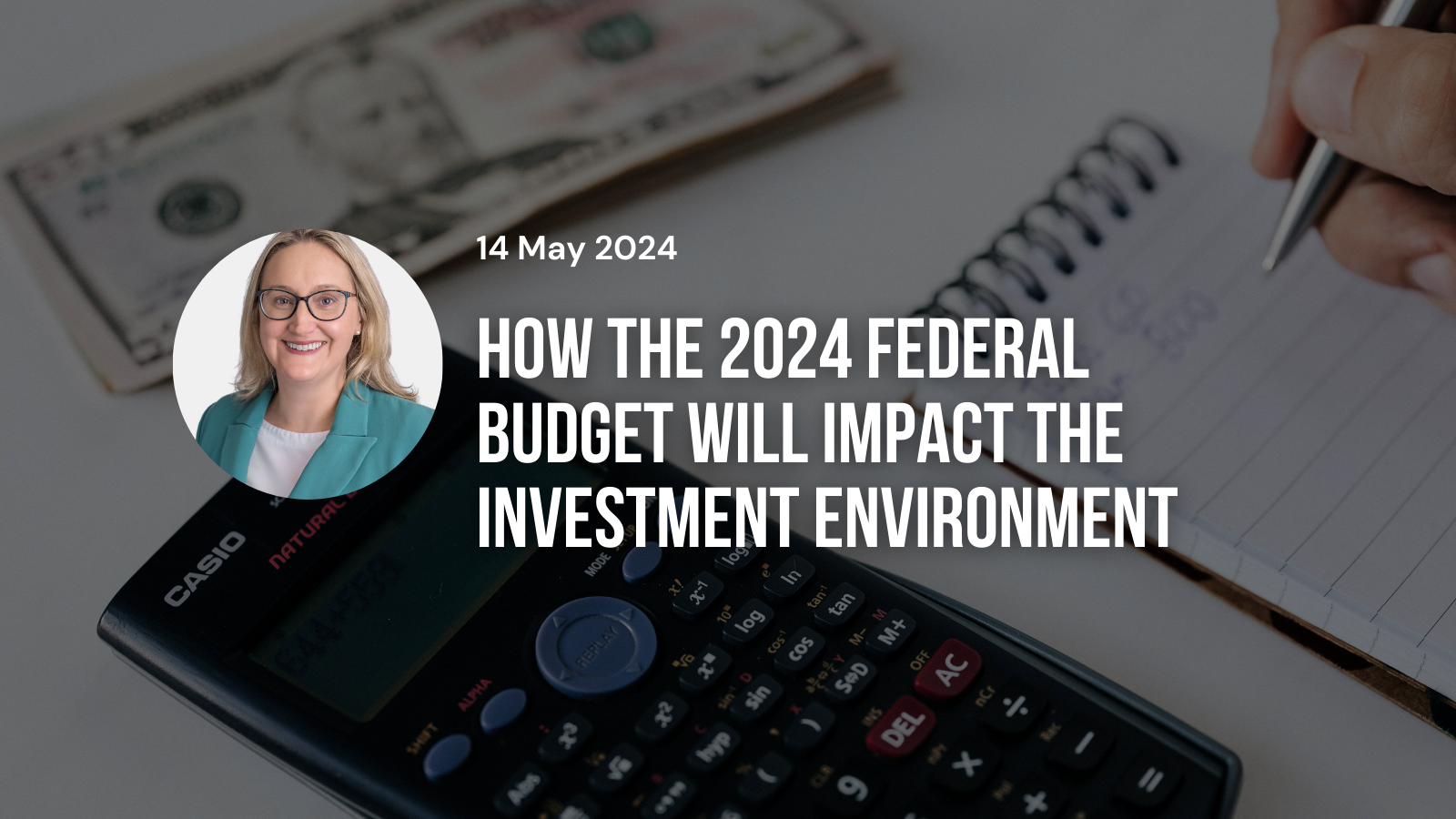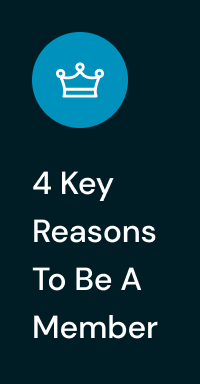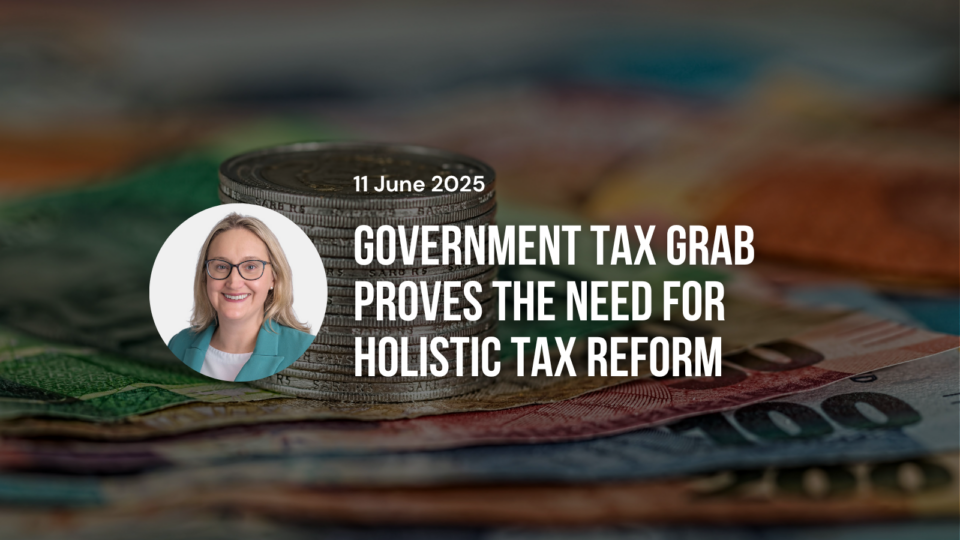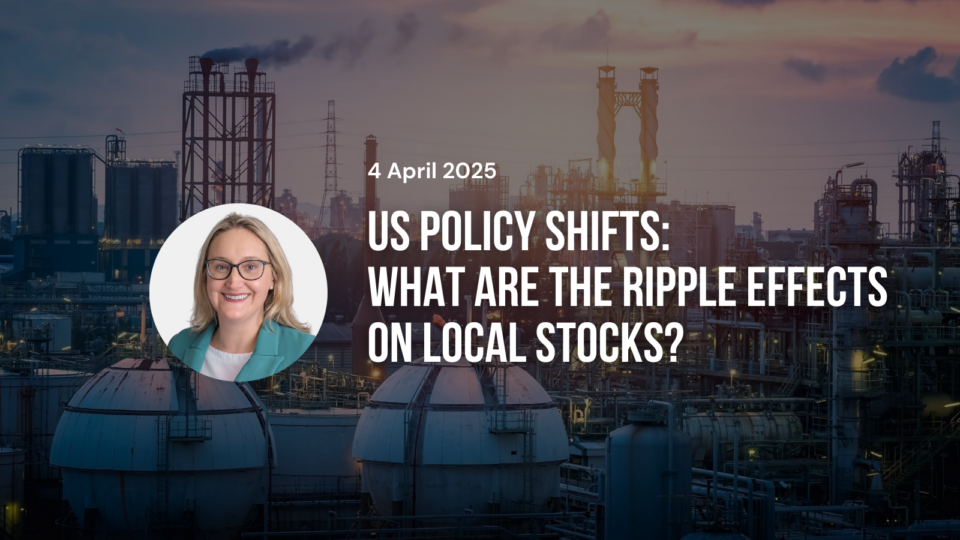

Why ASA members should care about the 2024 Federal Budget
Here are some key reasons as to why you should care about the 2024 Federal Budget:
- Short-term cost-of-living relief (energy relief);
- Sector impact; and
- Other key announcements.
The 2024 Federal Budget should alert shareholders and investors to the changes in taxation policies, investment incentives and economic forecasts, which could impact the stock market and individual portfolios.
The Federal Budget presented this evening expects a surplus in 2023–24 and intends to lower inflation below 3% by the end of this year to ease interest rates and the cost-of-living pressures for pensioners, families, and students.
However, the budget has lowered expectations for Australia’s gross domestic product with December’s mid-year forecast of 2.25% real growth downgraded to 2%.
Short-term cost of living relief
Tax cuts
The government has said it will provide economic relief in the form of tax cuts and cost-of-living assistance to Australian households through the stage 3 tax cuts, which are scheduled to start on 1 July 2024. The average tax cut from 2024-25 will be $1,888.
Energy relief
The government announced it will provide a one-time $300 energy rebate to every household in the country. $27.7m will be invested so that consumer energy, including batteries and solar, can be integrated into the grid.
Medicines
The prices of medicines covered under the Pharmaceutical Benefits Scheme co-payments, which are typically adjusted according to inflation, will be frozen by the government.
This freeze will last until 2026 for the general population and extend until 2030 for pensioners and concession cardholders. Pensioners will be around $3,300 better off after the government extends a freeze on increases to the deeming rate for at least another twelve months.
Sector impact
Renewable energy and infrastructure
The “Future Made in Australia” policy plans to strengthen Australia’s national and economic security by promoting self-reliance in critical industries such as manufacturing and renewable energy.
$22.7 billion will be spent over 10 years and has been allocated to new tax incentives for critical minerals and green hydrogen initiatives. The government has pledged $1.5 billion to support the manufacturing of clean energy technologies.
This funding includes $1 billion for the Solar Sunshot initiative and $523.2 million for the Battery Breakthrough Initiative. A further $466 million has been allocated to advance Australia’s quantum computing capabilities.
Food and grocery
The Government is funding a 12-month inquiry to investigate pricing and competition in the supermarket sector. It has also funded CHOICE for three years to produce quarterly price comparison reports for consumers.
Housing
With Australia facing a significant housing crisis due to surging property costs, housing assistance is included in the budget. The government pledged $12.3bn in housing programs as a means of countering the shortages that have increased rents and prices. This will include developers, tradies, and social housing receiving $4.3bn in housing expenditure. State governments will receive $1bn to build infrastructure for new homes.
Over $90m will boost the number of skilled workers in the construction sector and counter the housing shortage. The investment will also create 15,000 fee-free Tafe places and 5,000 places for pre-apprenticeships. A 5-year deal has been social housing will see houses repaired and crisis support improved.
Aged care
Following recommendations from the Royal Commission into Aged Care Quality and Safety, the government will provide $2.2bn in critical aged care reforms. This will include a $531.4m investment into thousands of Home Care packages to reduce wait times. Directed and indirect aged care workers will also receive an increased award wage.
Other key announcements
ASIC funding and the prevention of greenwashing
The Australian Shareholders’ Association (ASA) welcomes the Federal Budget’s allocation of $10 m over four years, starting from 2024–25, with an ongoing commitment of $1.9 m annually, for the Australian Securities and Investments Commission (ASIC).
This funding will bolster ASIC’s capacity to investigate and enforce actions against market participants who engage in greenwashing and other types of sustainability-related financial misconduct. ASA monitors the ASX200 companies for resource efficiency, the prevention of greenwashing, and evaluates the impact of remuneration plans on fostering a truly sustainable culture.
Parental leave
Superannuation will be paid to parents taking up to 20 weeks of parental leave on their publicly funded paid parental leave from 1 July 2025. Paying superannuation on paid parental leave will help close the retirement savings gap between women and men so that women do not have less superannuation than men available to them when they retire.
Reducing this gap also encourages women back into the workforce and helps keep women in senior leadership and board positions. $1.1b has been allocated to achieve this.
Domestic violence support
Domestic violence has been declared a national emergency in Australia. Consequently, women who are victims of domestic violence will receive emergency payments of up to $5,000 as part of assistance package. The relief, significant in addressing Australia’s domestic violence crisis, is part of a $925m leaving violence package.
Student support
The government will provide economic further relief to students who will see a reduction in their HECS debt. Students studying teaching, medicine, and social work will become the main beneficiaries. They will be eligible during their compulsory work placements for a $320 payment per week to counter placement poverty.





